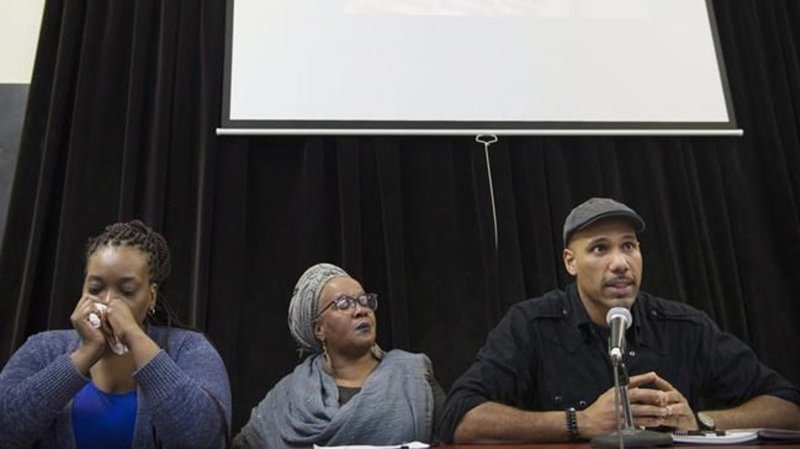
Family of Montreal man killed by police hope protests bring change to policing
MONTREAL — Johanne Coriolan says her adoptive father, Pierre, was a gentle giant.
He was so tall, in fact, that he often had to duck to get through doors — and that is an image that Johanne says she can still vividly see in her memories from childhood.
But when Montreal police met Pierre in the hallway outside his apartment on June 27, 2017, Johanne says the officers only saw a threat — not the devoted father, brother and uncle that his family knew.
In the throes of a mental health crisis, Pierre Coriolan, 58, died when police opened fire after using a Taser and shooting rubber bullets to try to subdue him. They also used their batons and a Taser again after the gunshots were fired.
